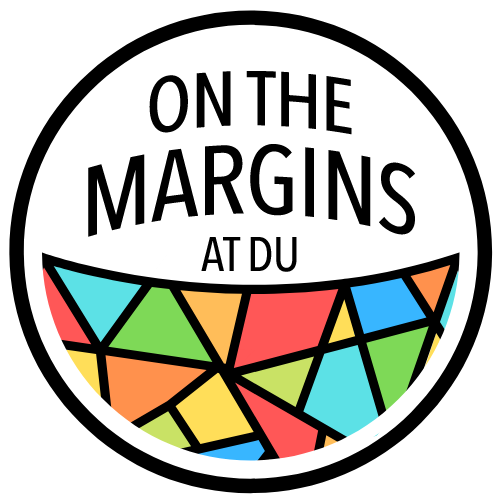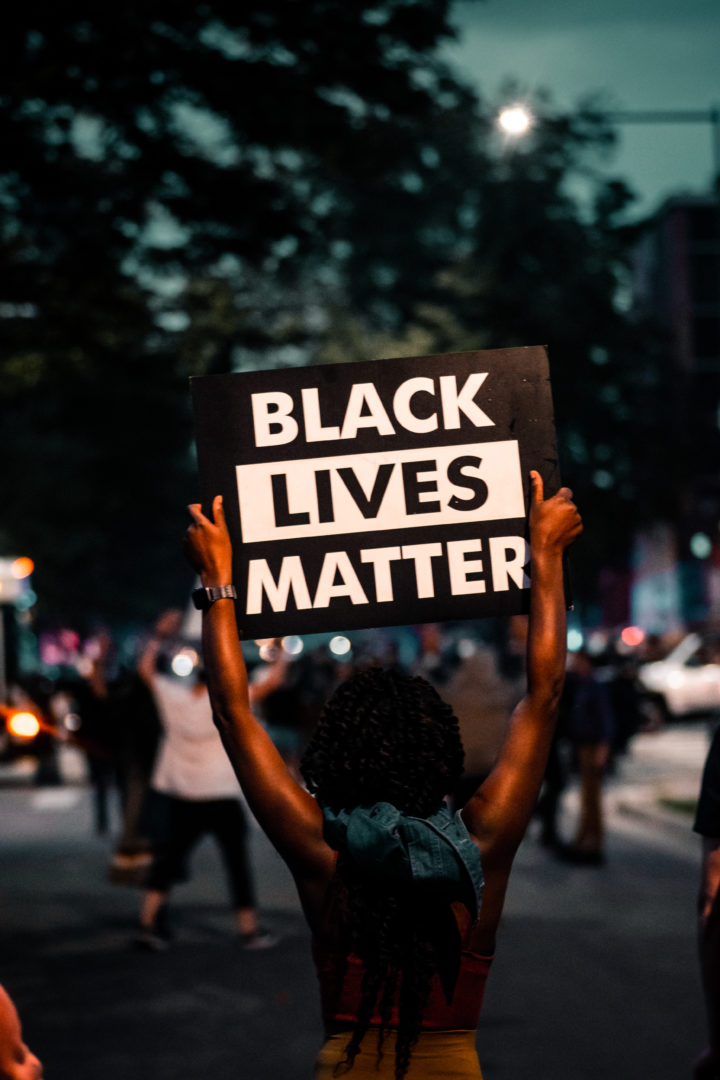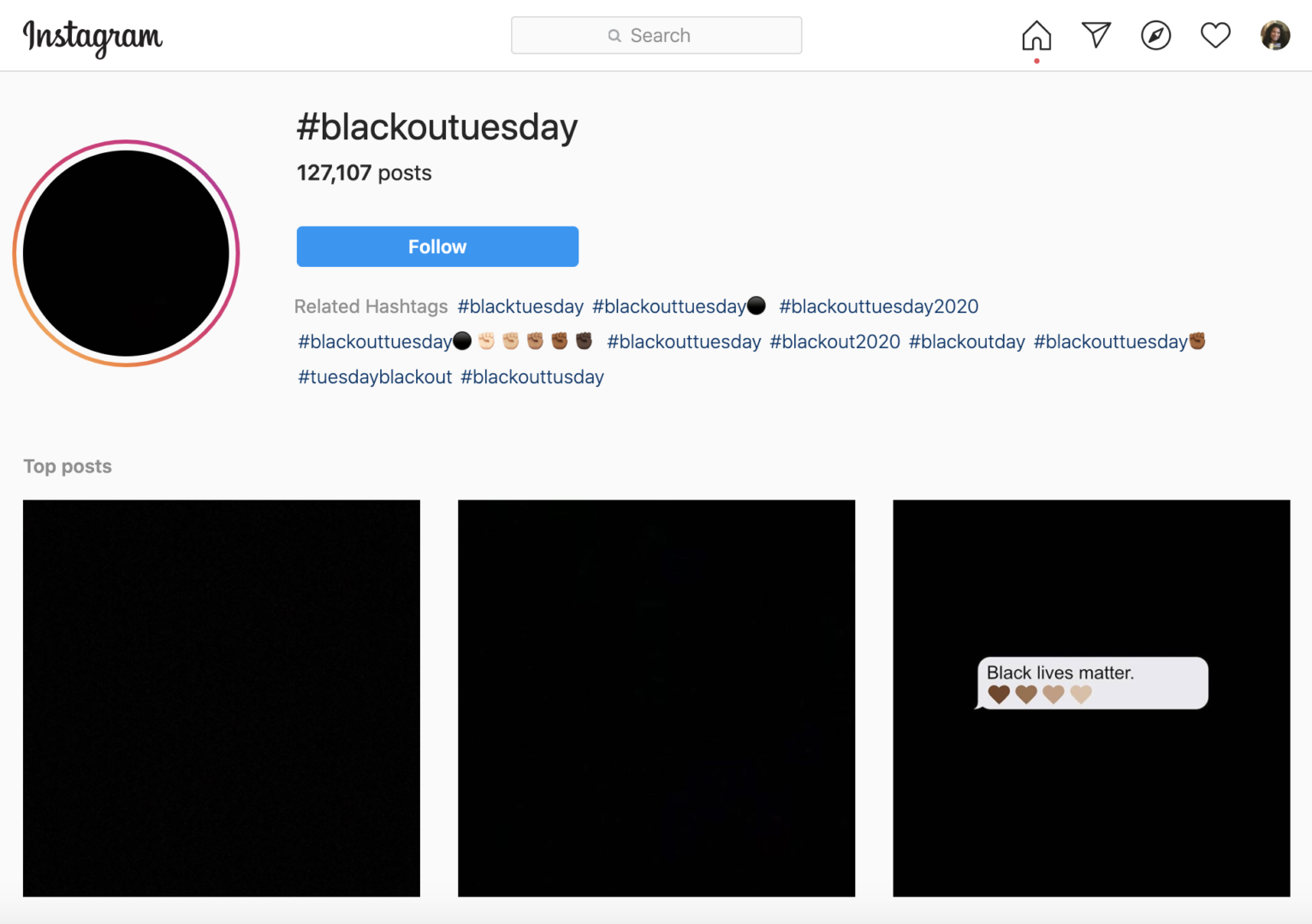The following is a Letter from the Editor for the Opinions section.
Editor’s Note: This article mentions the #BlackLivesMatter movement. To learn ways that you can support #BLM, click here.
This week marks the end of “On the Margins,” a passion project that investigated the successes and failures of inclusive excellence at DU. At the same time, the country erupts in a racial conflict that has only just begun.
I don’t know if I should laugh or cry.
When I started talking with student activists, there wasn’t much of an idea there. I wanted representation and voices that looked like my own in The Clarion. But I didn’t know how to tell the stories of such a varied group of people in a way that felt coherent, authentic and meaningful.
I was one person. If I couldn’t overcome my own fear and shame to talk about identity, how could I do the same for others?
This aspiration took shape once Isaiah, the past year’s News Editor, returned from abroad. He was the one who saw the potential of what this project could be. It demanded more than one or two articles. These voices deserved a column.
A professor of mine, Dr. Casey Stockstill, gave the project its name. She had been rattling off ideas, and there was one that struck me as soon as she said it. “On the Margins” was born.
My weeks became a flurry of emails and interviews. Google Calendar was my new best friend, and it got to the point that whenever I forgot to tell my roommate where I was—which was often—she would assume I was doing an interview.
I loved the work. I had never felt more connected with DU and its students. But when the time came to decide if I would continue or let the series rest, I knew that I needed to let it go.

In truth, “On the Margins” was about more than giving back to the community. My own interests had been at play. I was doing it for me, too. Writing was my gateway for entering the diverse spaces I had been afraid of. It gave me an excuse to engage with groups I wanted to belong to.
I identify as a woman of color. But, I struggle with more specific labels. Like it does for many, talking about my own race brings up feelings of inauthenticity. Because: I am mixed. I do not look like my heritage. I do not always have the courage to stand up to racism. I am not a person that blends into segregated spaces. The reasons could go on and on.
These feelings can also be described as imposter syndrome, the fear that at any moment you will be exposed as a ‘fraud.’ For me, the biggest lie that imposter syndrome tells you is that another person of color will confirm those beliefs. Someone who is somehow ‘more entitled’ to claim your identity than you will also feel that you do not fit or belong.
This is what kept me from trying to step into inclusive spaces like marches, affinity group meetings and racial dialogues. It feels worse to face intolerance from another person of color than from a white person. A white person will never know or relate to your lived experience.
I wrote these articles because it meant that I didn’t have to write about myself. I craved opportunities to openly talk about race, and that was what “On the Margins” meant to me. But, after listening to the inspiring words of so many student activists, I want to do more than hide behind their stories. I’d like to show up. Bring my body to support the communities that deserve a stronger voice and presence than they currently have.
It is scary to admit a goal that I have yet to realize. It is not academic or future-oriented. It is personal. Fear can be debilitating, and I am unsure of my ability to carry this out.
Existing and thriving in these predominately-white institutions is a form of resistance in itself. But, I know that I am ready for my activism to change shape. The people I have spoken with have touched me to the point that I can no longer accept being stagnant. The Black Lives Matter movement has driven this change in myself home.

The issues that “On the Margins” spoke of these past two quarters are by no means limited to DU’s campus. It is foolish to think so. The systems we live in are inherently racist, and a movement such as Black Lives Matter gaining traction has been a long time coming.
All of us have an obligation to support in any capacity available and remember the lives of those like George Floyd, Ahmaud Arbery, Breonna Taylor and all who have died at the hands of unjust police brutality. Otherwise, seated in privilege, we cannot claim to be anti-racist. It has been said many times before, and it is worth saying again—without justice, there is no peace.
Personally, I have struggled with feelings of guilt and frustration during this time. I am not proud of the fact that I wanted to but could not write this article earlier. But, I was preoccupied with the reality of being a person of color right now. It is not an easy task to make this emotional experience suitable for the consumption of others.
There is shame in feeling afraid to go to a protest, anticipating tear gas and rubber bullets when police see my skin color and hair. I wish I did not have to fear police brutality when trying to actively fight against it.
Online, whether I do or do not post on social media, I am torn. I am caught between knowing that silence perpetuates hegemony and feeling like it is wrong that one’s oppression can be confined to an Instagram post.

When looking at what others are doing, I am fed up with the performance activism. I am bothered by those who post #BLM but have not participated in diverse spaces or educated themselves on POC experiences. It is not ‘trendy.’ You do not have the wherewithal to act as a white savior if you will only talk about this when everyone else is.
Allyship is not sending angry messages to a woman of color because she believes her activism should amount to more than a link in a bio. It is supporting people of color, even if no one is around to see it (Thank you, Blake). It is listening and validating what they have to say, even when no one is doing so (Thank you, Isaiah).
Sign petitions. Donate. Protest. But, first and foremost—check in on the people of color in your life. I love and appreciate how #BLM has exploded and gained the recognition it needs. But it is emotionally taxing to be confronted with the reality of oppression around the clock.
These words will not be enough. “On the Margins” has shown me just how elusive these topics are to capture with writing alone. But luckily, it has also taught me how I can do more than write. I can find my voice in other contexts, too.
I’ll be on the frontlines, DU. I hope to see you there.
Kiana
Editor-in-Chief










